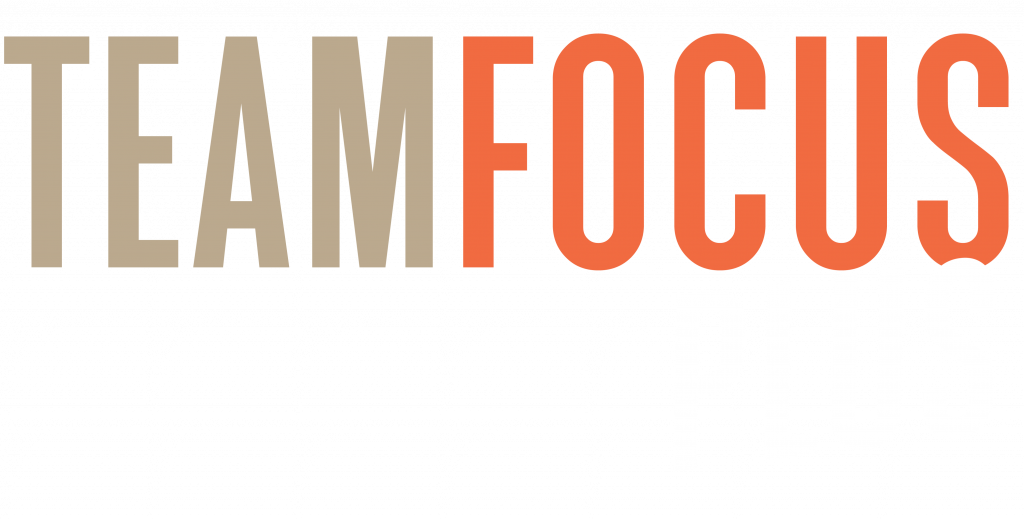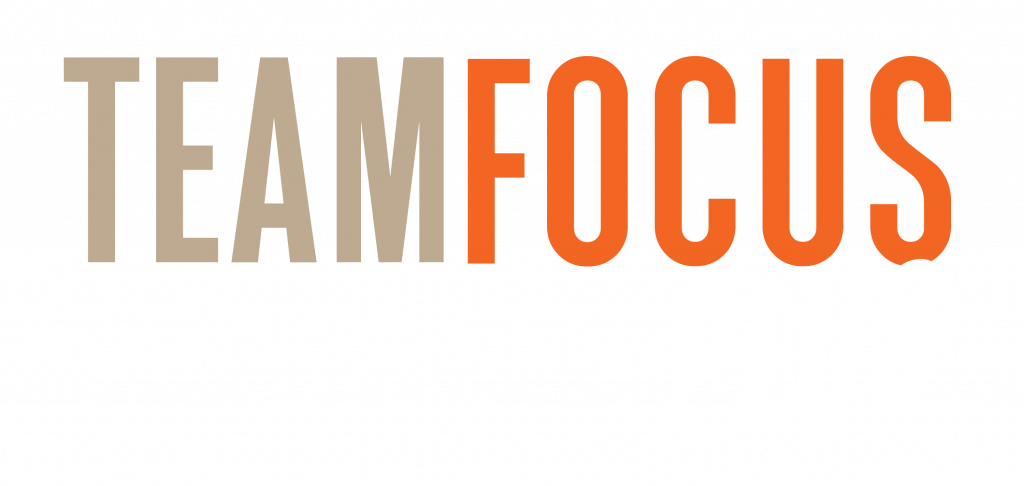The COVID-19 pandemic has undoubtedly changed the way professionals interact with one another. Due to government policies and safety protocols, many employees continue to work from home. While remote work does have its benefits, like all things, it also comes with certain drawbacks. It is especially true if you’re a company leader managing a virtual team.
Without thorough planning and initiative, the challenges that come with remote work can worsen. It can be detrimental to both team morale and productivity. Common hurdles include a lack of face-to-face supervision, miscommunication, bottlenecks, and distractions. Thankfully, some best practices can help you avoid these pitfalls and lead your team to success.
To learn how to manage a remote team effectively, below are five tips that you can incorporate into your leadership strategy:
Schedule Frequent Meetings
Communication has always been an integral part of leadership, but it’s even more crucial when managing a team remotely. After all, the absence of face-to-face interactions can make it particularly difficult to have organic interactions with one another. Hence, you’ll have to make the extra effort of regularly scheduling virtual meetings. It will help you ensure that everyone on your team is on the same page.
However, overly lengthy meetings can make it more difficult for participants to pay attention and retain information. Therefore, it’s best to keep conferences frequent but brief. For example, if you used to host weekly meetings in person, you can increase remote catch ups to twice or three times a week. The length of a conference will depend on its purpose, but fifteen to thirty minutes is generally ideal for a regular team meeting.
Lastly, make sure that your meetings have clear agendas. It ensures that your team only covers relevant matters to keep your discussions productive and concise.
Avoid Micromanaging
To manage a remote team, leaders must accept that micromanaging isn’t ideal within their current work landscape. It’s impossible to control everything that happens, as you can’t closely supervise each team member throughout the day. However, it’s still advisable to establish a system that holds everyone accountable, even if you need to loosen your reins.
That is why it’s better to focus on the outcomes rather than activities. Inform team members of your desired goals or results, and then discuss the performance standards you’ll use to measure the quality of their work. It gives your team ample freedom to accomplish their tasks while still holding them accountable, since they know what is required.
Give Employees a Renewed Sense of Purpose
It is advisable that your team understands the context behind your desired outcomes. Context refers to the purpose behind their work, which is necessary if you want to keep team members motivated. Giving your employees’ a sense of purpose is crucial especially for remote work, which could otherwise become draining and meaningless work.
It’s best to use the “Context-Content” model when you discuss these matters with your team. It’s composed of the questions “why,” “what,” and “how,” respectively. “Why” covers the purpose behind a desired outcome, “what” enumerates the objectives that will fulfil the purpose and “how” further explains how to accomplish these objectives.
Establish Helpful Routines
A leader is not only responsible for bringing out the best in teams but also for ensuring that each member gets the support and guidance they need. Hence, it helps to establish new routines that encourage productivity and open communication in a remote setup.
For example, you can require your team to dress in work-appropriate attire when working. Dressing up doesn’t just help employees maintain a professional appearance—it also signals to their brain that it’s time to work. It ensures they’re alert and ready to start the day to encourage better performance. After all, it’s easier to feel confident when dressed in a crisp button-down and slacks rather than pyjamas.
Regular check-ins are also a prudent routine for your remote team, as it fosters open communication and camaraderie. During these sessions, ask team members how they are feeling, and what they’ve been doing. This way, you can figure out which employees need extra support at work.
Provide the Right Digital Tools
While remote work has its challenges, they don’t have to get in the way of your team’s productivity. By equipping them with the right digital tools, you can maximise the benefits of working virtually. Plenty of powerful software applications have multi-functional capabilities that create a more streamlined workflow. For instance, some applications allow you to host video conferences, send direct messages, collaborate on documents in real-time, keep track of project progress, and access files all in one place.
Leading a virtual team is no easy feat, but it’s necessary if you want to keep your team happy and productive. To become an effective leader, you’ll need to learn to adapt to the challenges posed by the “new normal.” With the right practices, mindset, and digital tools, your team members can continue to work efficiently, no matter where they are.
If you want to know more, call us on 1300 551 274 or send an email at team@teamfocusplus.com. We look forward to hearing from you.






